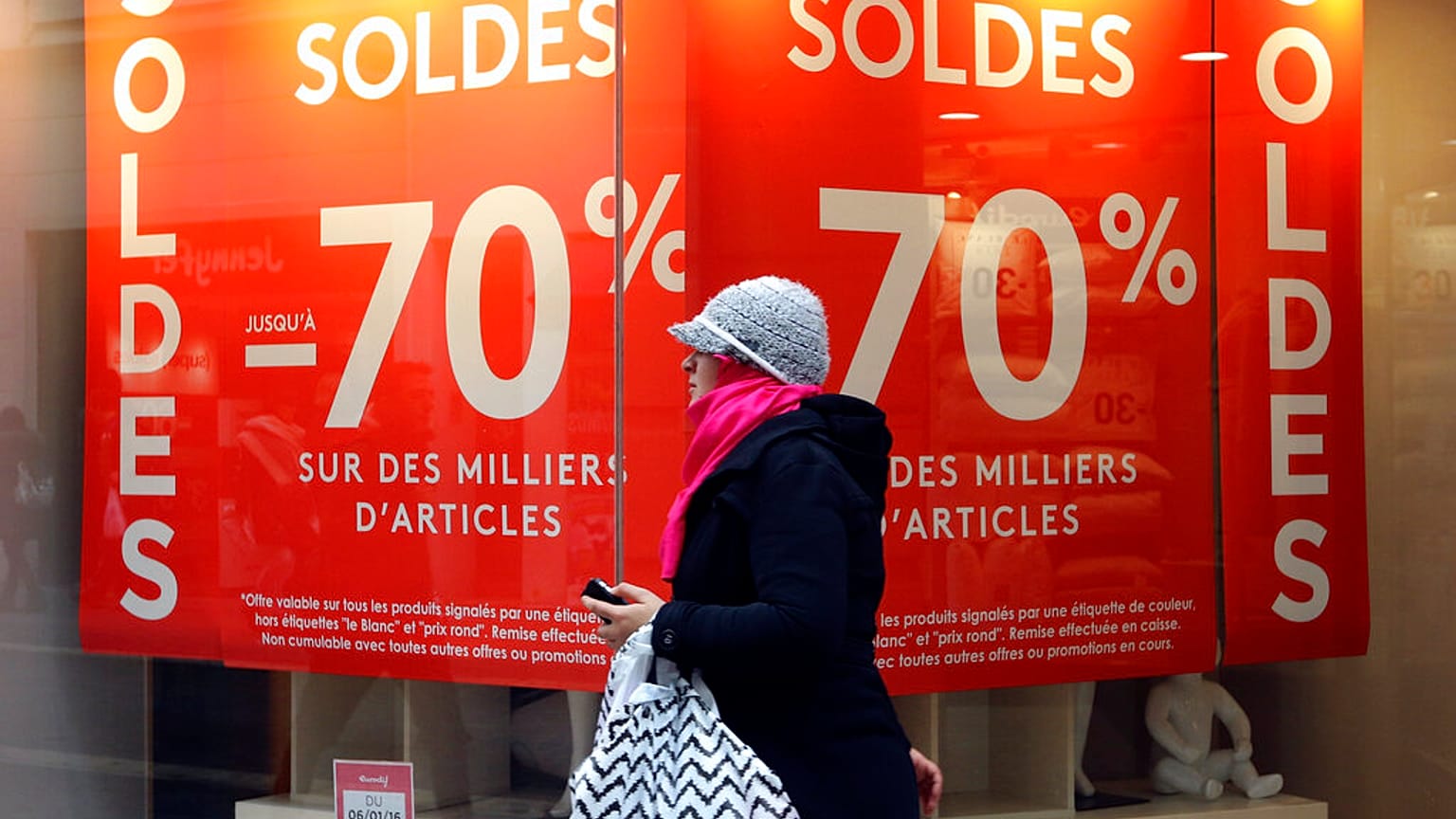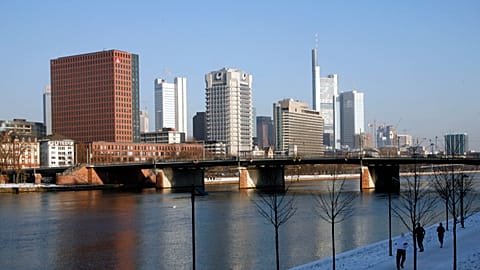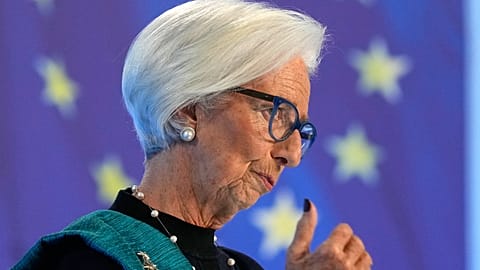Consumer prices fell 0.2% in Europe's second-largest economy in January compared to the previous month.
Driven by a slowing increase in food and energy costs, annual consumer inflation in France, meanwhile, was confirmed at 3.1% in January 2024 from 3.7% in December, according to the French statistical office INSEE.
The annual inflation rate was below expectations and marked the lowest price increase since January 2022. The decline was mainly due to a slowdown in energy prices, which rose by 1.9%, following a 5.7% price increase in December 2023. Food prices also receded somewhat, the overall food inflation reached 5.7% after 7.2% in December.
Prices also eased sharply for manufactured products, such as clothes and footwear, and in a monthly comparison, they even dropped by 1.7%, which was also the sole driver of the monthly drop in consumer prices, according to INSEE.
However, January is the major sales season in France, so falling prices for clothes and footwear is not entirely a surprise. The seasonally adjusted prices, which factors out such seasonal effects, showed no consumer price change in January compared to the previous months.
The core inflation, excluding food and energy prices, and a main indicator for central banks to weigh the direction of their next move in monetary policy, declined year-on-year, reaching +3% in January 2024, after +3.4% in December.
France is not alone in seeing consumer prices dropping, the major economies in the Eurozone have detected a similar easing in inflation. According to the first estimates of Eurostat, Germany as well as Spain had a 0.2% price drop in January compared to the previous month.
The annual inflation in the bloc sharing the euro, has been slowing since April 2023, landing at 2.8% in January, according to Eurostat's first estimate. The continuing receding of inflation could give room to the Europan Central Bank (ECB) to start cutting its historically high benchmark interest rate, helping the economy of the 20 countries to fight off the looming threat of recession.


















